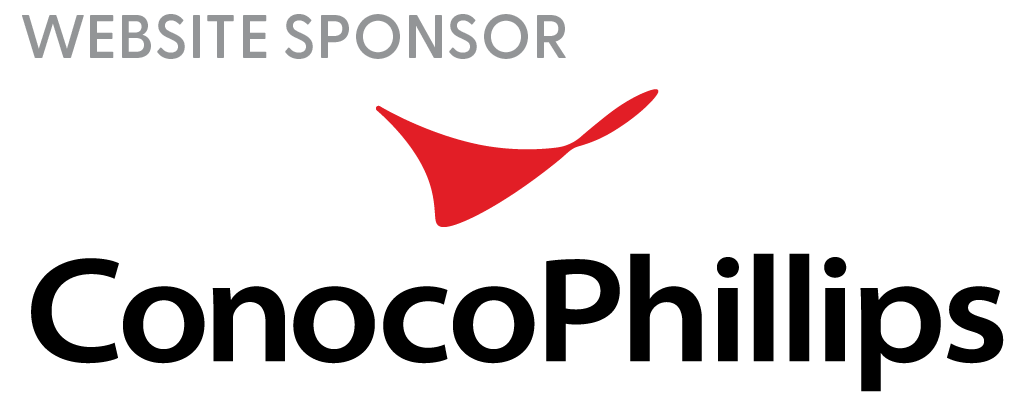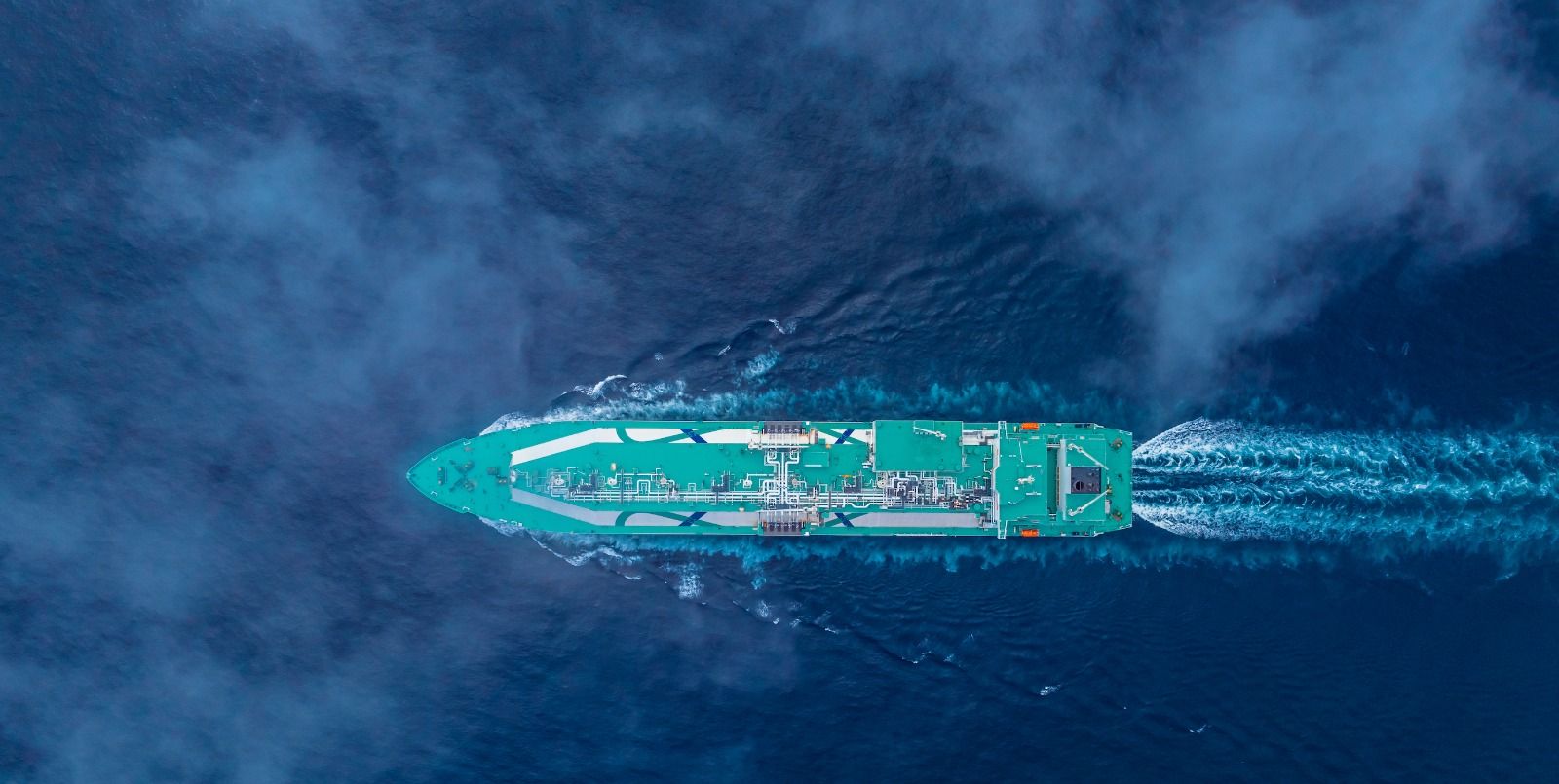Considerations and Challenges for the application of an Alternative Survey Program (ASP)
The liquefied natural gas (LNG) market is poised for growth, with an increasing emphasis on spot trading alongside long-term contracts. This shift necessitates greater operational flexibility to capitalize on market opportunities. The Alternative Survey Program (ASP) has emerged as a promising solution for FS(R)Us (Floating Storage Regasification Units), whether they are designed to stay permanently at a location (FSRU & FSUs) or having trading capabilities (liquefied gas carrier – FSRU or liquefied gas carrier – FSU), offering goal-based approach to statutory inspections that could be considered as an alternative to the prescriptive requirements outlined in the IMO IGC Code (the International Code of the Construction and Equipment of Ships Carrying Liquefied Gases in Bulk), adopted in 1983 by resolution MSC.5(48) (and updated since), and mandatory under SOLAS chapter VII since 1 July 1986.
This paper explores the application of ASP to Floating Storage and Regasification Units (FSRUs), examining how it can provide a more flexible inspection program for liquefied gas cargo containment systems while maintaining or enhancing safety standards. We will present various scenarios where ASP can be implemented, based on discussions with maritime actors and authorities. The study will detail the systems and components that must be covered by ASP, along with examples of supporting methodologies and technologies.
Furthermore, we will outline the timeline and process stakeholders should anticipate for obtaining ASP approval from Maritime Authorities. Particular attention is to be paid to the fact that PSC Authorities may not be in line with an ASP Notation approach even if the Flag of the vessel has accepted such an arrangement.
Crucially, this paper emphasizes that ASP implementation extends beyond merely indicating an inspection methodology. It requires demonstrating how the objectives of current prescriptive requirements – concerning cargo containment and handling integrity, structural integrity, and overall personnel safety – will be met with equal or greater assurance. For new constructions, ASP demands dedicated analysis by designers and shipyards, coupled with thorough coordination between ship owners and technical managers. The potential unintended consequences of ASP implementation, including the possibility of increased intrusive interventions, will also be addressed.
The ASP dossier must present a clear demonstration of equivalence to current requirements to all relevant Maritime Authorities, including Flag States, Port Authorities, and National Maritime Authorities. It must also elucidate how this equivalence will be maintained over time.
This paper aims to provide clarity on ASP as an emerging trend in the LNG industry. By offering a comprehensive overview of ASP's potential benefits and challenges, this study seeks to guide industry stakeholders in navigating this new approach to statutory inspections in the LNG sector.




)
)
)
)
)
)
)
)
)
)
)
)
)
)
)
)
)
)
)
)
)
)
)
)
)
)